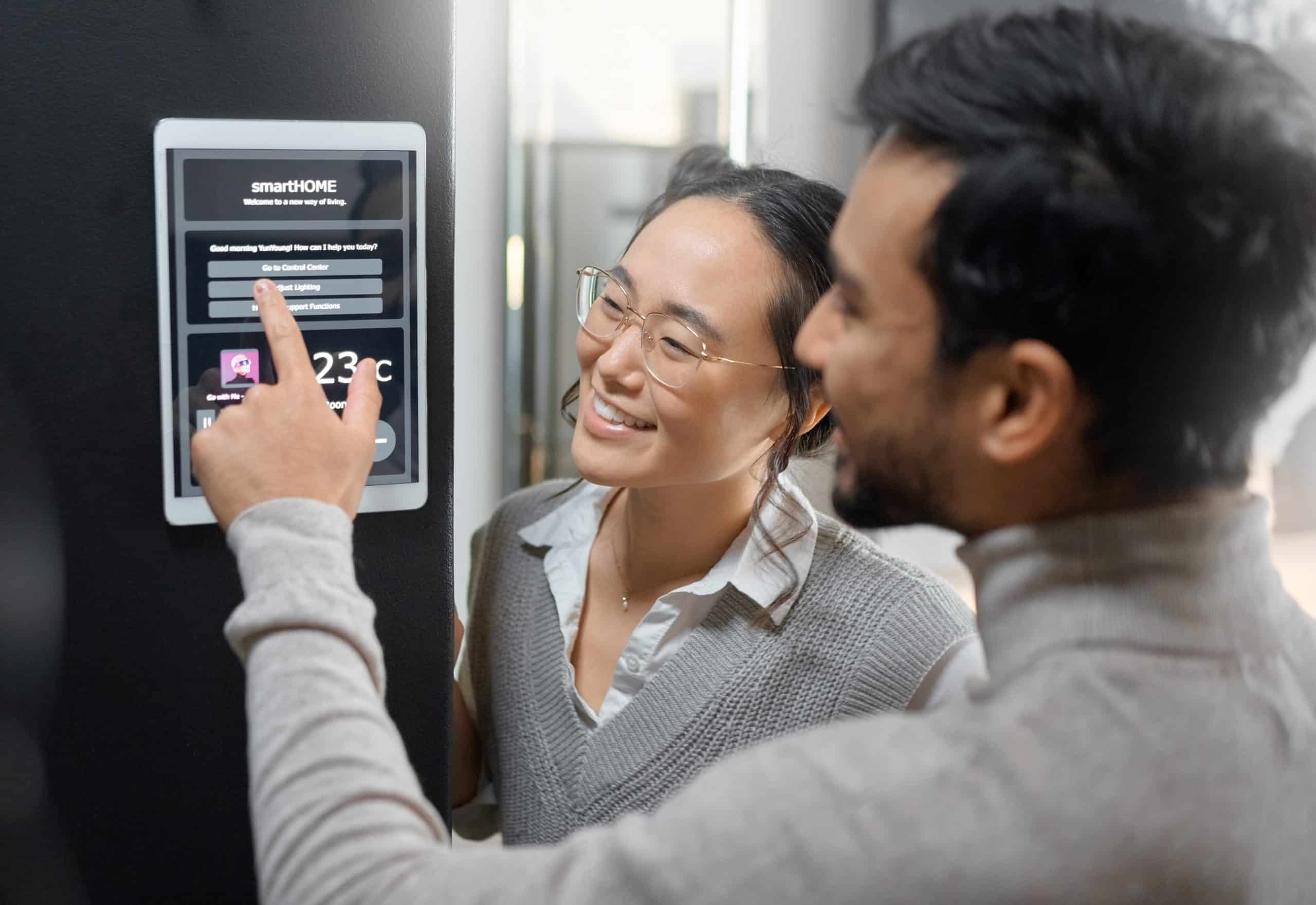As an increasing number of homeowners are embracing the digital age, smart home security has become integral to everyday living. The convenience and peace of mind provided by these security systems are unmatched. They allow you to control and monitor your home remotely, provide data regarding your home’s security, and integrate seamlessly with other smart devices. But with the increased connectivity comes the concern of data privacy and unauthorized access. Therefore, it’s crucial to know the best practices for incorporating smart home security.
In this article, we cover the best smart home security systems, and share helpful guidelines on obtaining maximum benefits from these devices while ensuring your privacy.
En parallèle : What are the best ways to blend indoor and outdoor living spaces?
Understanding Smart Home Security Devices
Before we dive into the best practices, it’s important to understand what smart home security devices are and how they function.
These devices are part of a network of interconnected devices that work together to increase your home’s security. They include but are not limited to, security cameras, door and window sensors, smart locks, alarm systems, and smoke detectors. They are controlled via an app or a central control system and can be accessed remotely, giving you real-time data about your home’s security.
Avez-vous vu cela : How can you design a space for quiet reflection and meditation?
The popularity of smart home devices has grown significantly over the past few years. Major tech companies like Amazon and Google have entered the market, introducing a range of products that integrate with their respective virtual assistants, Alexa and Google Assistant.
But what makes these devices so smart? It’s their ability to learn and adapt to your habits, alerting you if something unusual happens. This technology offers unparalleled convenience, but it also raises questions about privacy and data security.
Choosing the Best Smart Home Security System
When it comes to choosing the best smart home security system, it’s essential to consider your specific needs. The ‘best’ system will not be universal, but rather, it will depend on your lifestyle, home layout, budget, and technology comfort level.
While Black Friday deals and early bird discounts might be tempting, it’s important not to rush into purchasing a security system without doing proper research. Read extensively about the different types of systems available and their features. Some systems offer professional monitoring services while others are DIY. Some work better for renters, while others are more suited to homeowners.
It’s also essential to consider the compatibility of the security system with other smart devices in your home. For example, if you’re using Amazon Alexa or Google Assistant, you’ll want a system that can integrate with these platforms.
Protecting Your Data and Privacy
With smart home security devices, you’re not just buying a product, you’re also entrusting the company with your data and privacy. Therefore, it’s crucial to choose a company that values your privacy and takes appropriate measures to protect your data.
One of the best practices for protecting your data is to secure your home network. This includes setting up a strong, unique password for your Wi-Fi network, enabling two-factor authentication, and regularly updating your devices to ensure they have the latest security patches.
Be wary of third-party apps that claim to provide additional features for your security devices. They might have weaker security measures, making them a potential point of unauthorized access.
Finally, remember to read and understand the privacy policy of any device you purchase. This document will detail how your data is collected, used, and protected.
Conclusion: Integrating Smart Home Security Devices
Incorporating smart home security systems into your home is a great way to enhance your home’s security while reaping the benefits of modern technology. Understanding what these devices do and how they operate can help you make an informed decision about the best system for your needs.
While the advancement in smart home technology brings immense convenience, it’s equally important to protect your data and privacy. By securing your home network and being cautious about third-party apps, you can enjoy a smart and safe home.
No doubt, as technology continues to evolve, smart homes will become even smarter, and privacy concerns will become ever more crucial. Therefore, staying informed about the latest developments and best practices for incorporating smart home security will be vital. Whether it’s a Black Friday sale or an early bird discount, make sure you’re investing in a system that offers both security and privacy.











